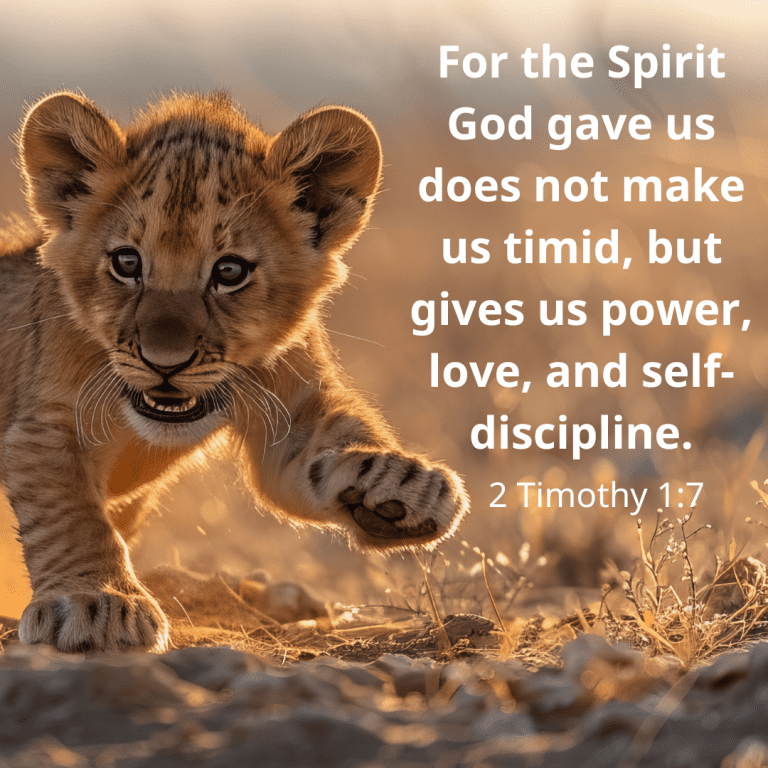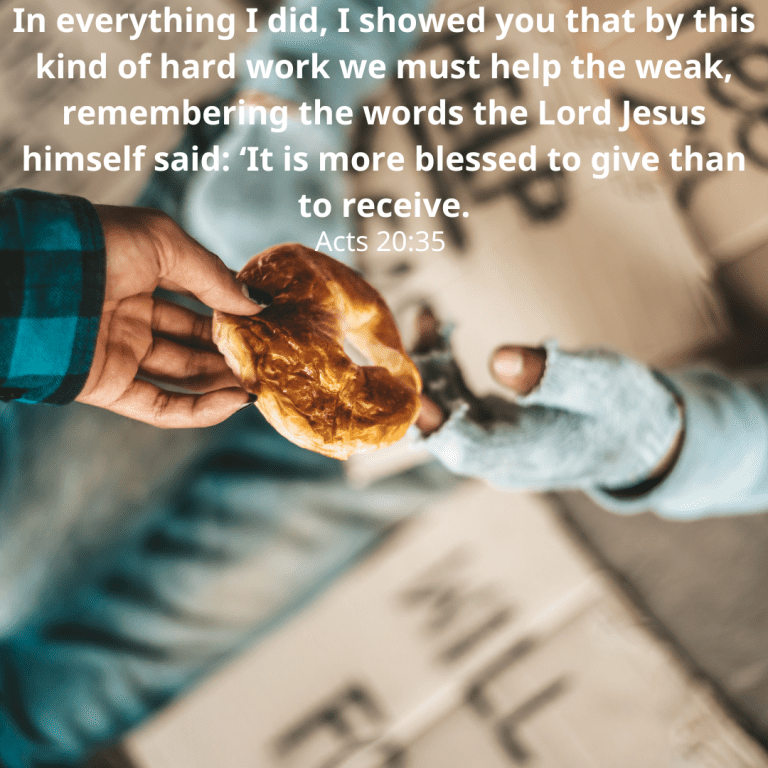Tɔgwɔccalɔ ṯǝthi kwurǝyu-luŋw nǝ ṯǝthi ki-leere-nɔŋw.
1 Wa@ḏ wǝthi kerreny-ŋwɔ nɔŋwɔthi gaanuunǝ-nǝ kǝthi ṯɔgwɔccalɔ, nǝ Ǝzir Wirllinǝlɔ ter wǝthi ṯɔgwɔccalɔ tok. 2 Nǝr daɽimatha khemeya, nǝ kǝzir wǝthi parŋgala-ŋgi nǝr ǝnyjici yiriny yǝni Ǝzir Wirllinǝlɔ ter Wuthǝmthi-lǝ. Nǝ kǝzir wɔ nǝ manaara naani, nǝ ṯerbeeza naani ṯǝthi rǝghiiv rǝṯirsi rillici Allah-lɔ. 3 Nǝ kiininy kaanaŋgi siṯaara ṯɔɔɽɔthala, nǝ ǝzir naani wǝṯir ǝccǝ Ǝzir Wirllinǝlɔ ter Wuthǝmthi-lǝ Beṯṯen. 4 Nǝ kinaŋw nǝ-gwɔ nwǝthgwun ŋwir ḏahab naani ŋwɔṯir-gwɔ ruuɽǝsi kwɔthɽɔla-la, nǝgwɔ Sonḏuug naani tok kwǝthi Wa@ḏ kwɔmaanathir ḏahaba naana, kwɔnaanɔ-gwɔ ṯii-nǝ tir ḏahav ṯǝthi mann-na, nǝ ṯɔɔ naani kinaŋw tok ṯǝthi Haaruun, kitha ṯimǝ ruu yǝni yiglǝ, nǝ yall yiɽǝn yɔlɔɔthɔna kuruu naana kǝthi wa@ḏ. 5 Nǝ ki-Sonḏuug-lǝ kindala nǝ ṯimthaal ṯiɽǝn naani ṯir kaka limeleka lǝthi ŋinith, ṯɔkwuɽubǝthi ǝzir-lɔ wa yɔvɔɔ-yi wǝṯi-gwɔ ŋikiya fivrinni kithaay. Laakin kire-kirem-ŋgwɔ tǝ, nǝ lɔɔmɔr ere oro kɔlɔ mac lǝthi-li dugɽǝsi ŋiɽaŋali-na.
6 Niizaam kwundǝr-ṯǝ ŋgwɔ kwinḏi kwǝrrinǝ-gi ŋiɽaŋal. Ǝṯi kahana ele ǝṯɔŋw ǝnḏi ŋwaamin tatap kheme-na kǝthi parŋgala-ŋw ethi ǝrri ŋothɽor ŋeeŋen, 7 laakin kiininy kaanaŋgi tǝ, ǝṯi-gwɔ Rǝ-iis Rɔppa rǝthi kahana ǝnḏi ŋundu dak, laamin lɔtɔpɔt kithlǝyu min-min. Ǝṯɔŋw ǝnḏi ŋin-ŋi ethisi rillicǝ Allah-lɔ ki-lɔɔbi luuŋwun nǝ ki-lɔobi lǝthi ŋikiya ŋǝthi lizi, ŋa ŋǝṯirsi ǝrri ŋiti ŋilŋicarsi ethaarɔŋw ŋǝrrǝ-nyji mac. 8 Nǝrṯoro ŋɔ mindaŋ nǝ Ṯigɽim Ṯirllinǝlɔ ter andisa-lɔ por-por naarɔ-ŋgwɔŋw, ṯaay ṯinḏi etheele Kǝzir Wirllinǝlɔ ter Wuthǝmthi-lǝ Beṯṯen ṯǝni ṯilǝŋthinnǝ kaka ninaanɔ-gwɔ tǝ kheme kǝthi parŋgala-ŋw ki-rillɔ kinnǝni. 9 Suurǝ kwir-ṯa ŋgwɔ kwandica-nyji ŋiɽaŋali ŋǝthi lɔɔmɔr kɔlɔ. Ŋǝniŋwɔ, haḏaaya wa wǝṯir rillici Allah-lɔ nǝ kwomne kwǝthi kiraama tok kwǝṯir rillici Allah-lɔ, kwiti kwǝthi ŋɔma mac ethi ruusi ṯɔgwori ṯɔsɔɔɽɔ ṯir min-min, ṯǝthi ŋgwa kwǝṯi kwogwɔccelɔ, 10 kaka nǝṯirsi-gwɔ ǝrri ŋa dak ŋǝthi ethne-ŋa ṯiithǝ-thi nǝ kuruu kittǝzir kǝthi ṯusuuɽunnǝ. Nǝ kwomne ŋgwɔ tatap oro gawaaniin kǝthi parŋgala-ŋw kinḏi ethi ǝrrinǝthǝ mindaŋ mǝ lɔɔmɔr iila linḏi-li Allah ethi kette niizaama kwiyaŋ.
11 Laakin Kwɔrɔstɔ tǝ, kwɔmǝ-pǝ iila kwir Rǝ-iis Rɔppa rǝthi kahana rǝthi kwomne kwisaaw kwɔnaanɔ kɔnɔŋw kerreny tuk. Nǝ kheme ŋga kakkɔ-ŋgɔ ŋothɽor-na kithǝmthi-lǝ kir min-min; kiti kidaɽiminna kwizigwunǝŋ-ŋgi mac, ŋǝniŋw kiti kir kǝthi ṯurmun kithɔ mac. 12 Mǝ Kwɔrɔstɔ ele mɔŋw ruu Kheme-gina, nɔŋwɔnḏi taamin tɔtɔpɔt dak toc Kǝzir Wirllinǝlɔ ter Wuthǝmthi-lǝ Beṯṯen, nɔŋweere dimmǝnni ŋiinǝ ŋǝthi nyoo-ŋa nyithri-nyi mac, ethisi rillici Allah-lɔ kaka kiraama, laakin nɔŋw dimmǝ ŋiinǝ ŋǝthi rogɽo ruuŋwun mindaŋ nɔŋwɔvicǝ nyuŋwsi ŋiglǝthǝ ŋǝṯi nannitha dok-dok. 13 Ǝṯi ŋin ŋǝthi nyoo-ŋa nyithri-nyi nǝ yaarɔ yǝthi tɔmɽɔ tǝṯir dɔnni, ǝṯir-yi recce lizi ligii, mindaŋ ǝṯisi kwomne ŋgwɔ suuɽi ethisi rillici yaŋna-lɔ yeeŋen ter. 14 Kaka nɔrɔ-gwɔ ŋiɽaŋal ŋɔ rerrem, e-ta ǝrmǝ rotto ṯatha ŋa ŋǝrrǝsi ŋin ŋǝthi Kwɔrɔstɔ! Kaka ninḏatha-ŋgwɔ Allah rogɽo ruuŋwun kaka kiraama kir min-min Ṯigɽim-thi ṯǝṯi nannitha dok-dok. Ŋin ŋuuŋun ŋǝthi ŋɔma ethi suuɽuci nyuŋwsi rɔgwor-na rǝri ki-ŋothɽor-na ŋiti ŋǝthi faayitha mac, mindaŋ mǝr ǝkkici Allah wɔmiithɔ ŋothɽor.
15 Ŋwɔṯaŋw nǝ Kwɔrɔstɔ oro kwuɽuthu wa@ḏa wɔ wiyaŋ, mindaŋ mǝ kila limǝsi Allah ɔrnɔṯi, ǝri aavi barka kwǝṯi nannatha dok-dok kwǝccǝsi-gi Allah wa@ḏa. Kaka nayɔ-ŋgwɔ ethi fivri ŋikiyaŋi kithaay ŋǝrrǝsi lizi ki-ŋwaamin-la ŋwɔthi wa@ḏ wǝthi kerreny-ŋwɔ. 16 Nǝ mɔŋw lo kweere ŋiɽaŋali ŋǝthi ṯiganna ṯǝthi ŋɔr ŋuuŋun kwaathan-gi, ŋwɔṯaŋw ǝreere rattathi kworo mac illi mɔŋw ai. 17 Kaka niti nǝṯi-gwɔ ŋiɽaŋal ŋɔ ŋuluuthusi kwizi ere ǝthi faayithana mac mǝtǝ kwizi ŋgwa naani kinnǝ kwɔmiithɔ; laakin ǝṯir ǝrrini mǝ ŋiɽany ṯamthɔ rac. 18 Ŋindǝr-ṯǝ ŋɔ mindaŋ nǝ wa@ḏ wǝthi kerreny ŋwɔ ǝrrini ŋin-ŋi. 19 Na mǝ Muusǝ ɔrtuci lizi waamira tatap wǝthi Sherii@a, e-ta nɔŋw dimmi ŋiinǝ ŋǝthi nyithri-ŋǝ nyoo-nyi, nɔŋwsi ɔrṯasina ŋaaw-ŋi, mindaŋ nɔŋw-ŋi ree Kiṯaabi kǝthi Sherii@a, nǝ lizi tatap tok kibornone-gi nǝ yaala-yi yɔɔri tok. 20 Nɔŋwaarɔŋw, “Ŋin ŋirṯa ŋɔ ŋǝthi wa@ḏ ŋǝllicǝ-ŋǝsi-ŋi Allah waamira ethi niŋnithi.” 21 Nǝ ṯaay-thi ṯǝ kɔthɔ ṯette-ṯette, nǝ Muusǝ ree Kheme kǝthi Wa@ḏ ŋin-ŋi, nǝ kwomne naana tatap ŋgwa kwǝthi ṯɔgwɔccalɔ. 22 Imba kaka-ṯǝ niizaam-gi kwǝthi Sherii@a, ǝṯi kwomne ere kweere mac kwǝṯi suuɽunni kwiira ŋiinǝ-na, na mǝ ŋin ere irǝthǝlɔ mac tǝ, a ŋikiya ere fivrinni tok ḏuṯ.
Kiraama kǝthi Kwɔrɔstɔ kǝṯi dimmi ŋikiyaŋi kithaay.
23 Kwomne ŋgwa kwǝṯi aaɽanni kwomne kwǝthi ki-leere-naŋw, kwǝṯi-ṯǝ suuɽunniŋw niizaam-gi ṯǝ ŋgwɔ. Laakin kwomne kwǝthi ki-leere-naŋw, kwǝṯi naŋni kiraama kithǝmthilǝ beṯṯen. 24 Kaka niti nǝnḏi-gwɔ Kwɔrɔstɔ kinnǝni mac kǝzir wirllinǝlɔ ter witi wɔdaɽiminna rii-ri mac, wir suurǝ domony kwǝthi wa wir rerrem. Laakin nɔŋw ele kǝniny ki-leere-na tittir, kǝzir wǝri-ŋgwɔ nanni ǝṯɔ-ŋgwɔ tuurǝcci Allah-lɔ ki-lɔɔbi lǝri. 25 Laakin nǝ Kwɔrɔstɔ ere ǝnḏi ethi rillici Allah rogɽo-lɔ ruuŋwun nyaamin-na nyittǝzir mac, kaka nǝṯi-gwɔ Rǝ-iis Rɔppa rǝthi kahana ǝnḏi Kǝzir Wirllinǝlɔ ter Wuthǝmthi-lǝ Beṯṯen yithlǝyu tatap ŋin-ŋi ŋǝthi haywaan. 26 Ǝŋgireere oroŋw mac tǝ, ǝŋgiŋw rǝrinni nyaamin nyuuru kinaŋw tuk nigittina-gwɔ ṯurmun-lɔ kwon-kwon. Laakin kwɔmǝ ruwǝnnǝlɔ kirem taamin tɔtɔpɔt ki-ŋwɔɔmɔr-la ŋwɔmǝ ṯimaayini kworo ethi iiri ŋikiyaŋi kithaay kaka mɔŋgwɔ rillici Allah rogɽo-lɔ ruuŋwun rǝni kiraama. 27 Kaka nɔrɔr-gwɔ-ṯǝŋw ethi lizi ai taamin tɔtɔpɔt, nǝ kwaathan tǝ ǝṯi hɔkwɔm naani. 28 Ŋwɔṯaŋw nǝ Kwɔrɔstɔ ǝni kwɔmǝr rillici Allah-lɔ taamin tɔtɔpɔt ethi iiri ŋikiyaŋi kithaay ŋǝthi lizi luuru. E-ta ŋgwa kwinḏi ethi ruwǝnnǝlɔ kwokwony, kwiti kwiilicǝ ŋikiyaiŋi kwokwony mac, laakin ethisi kilǝthi kila lǝkkicǝ ŋunduŋw kizǝn beṯṯen.
The Tent in Heaven
1 The first promise included rules for worship and a tent for worship here on earth. 2 The first part of the tent was called the holy place, and a lampstand, a table, and the sacred loaves of bread were kept there.
3 Behind the curtain was the most holy place. 4 The gold altar for burning incense was in this holy place. The gold-covered sacred chest was also there, and inside it were three things. First, there was a gold jar filled with manna. Then there was Aaron's walking stick that sprouted. Finally, there were the flat stones with the Ten Commandments written on them. 5 On top of the chest were the glorious creatures with wings opened out above the place of mercy.
Now isn't the time to go into detail about these things. 6 But this is how everything was when the priests went each day into the first part of the tent to do their duties. 7 However, only the high priest could go into the second part of the tent, and he went in only once a year. Each time he carried blood to offer for his sins and for any sins that the people had committed without meaning to.
8 All of this is the Holy Spirit's way of saying no one could enter the most holy place while the tent was still the place of worship. 9 This also has a meaning for today. It shows we cannot make our consciences clear by offering gifts and sacrifices. 10 These rules are merely about such things as eating and drinking and ceremonies for washing ourselves. And rules about physical things will last only until the time comes to change them for something better.
11 Christ came as the high priest of the good things that are now here. He also went into a much better tent that wasn't made by humans and that doesn't belong to this world. 12 Then Christ went once for all into the most holy place and freed us from sin forever. He did this by offering his own blood instead of the blood of goats and bulls.
13 According to the Law of Moses, those people who become unclean are not fit to worship God. Yet they will be considered clean, if they are sprinkled with the blood of goats and bulls and with the ashes of a sacrificed calf. 14 But Christ was sinless, and he offered himself as an eternal and spiritual sacrifice to God. This is why his blood is much more powerful and makes our consciences clear. Now we can serve the living God and no longer do things that lead to death.
15 Christ died to rescue those who had sinned and broken the old agreement. Now he brings his chosen ones a new agreement with its guarantee of God's eternal blessings! 16 In fact, making an agreement of this kind is like writing a will. This is because the one who makes the will must die before it is of any use. 17 In other words, a will doesn't go into effect as long as the one who made it is still alive.
18 Blood was also used to put the first agreement into effect. 19 Moses told the people all the Law said they must do. Then he used red wool and a hyssop plant to sprinkle the people and the book of the Law with the blood of bulls and goats and with water. 20 He told the people, “With this blood God makes his agreement with you.” 21 Moses also sprinkled blood on the tent and on everything else used in worship. 22 The Law says that almost everything must be sprinkled with blood, and no sins can be forgiven unless blood is offered.
Christ's Great Sacrifice
23 These things are only copies of what is in heaven, and so they had to be made holy by these ceremonies. But the real things in heaven must be made holy by something better. 24 This is why Christ did not go into a tent made by humans and was only a copy of the real one. Instead, he went into heaven and is now there with God to help us.
25 Christ did not have to offer himself many times. He wasn't like a high priest who goes into the most holy place each year to offer the blood of an animal. 26 If he had offered himself every year, he would have suffered many times since the creation of the world. But instead, near the end of time he offered himself once and for all, so he could be a sacrifice that does away with sin.
27 We die only once, and then we are judged. 28 So Christ died only once to take away the sins of many people. But when he comes again, it will not be to take away sin. He will come to save everyone who is waiting for him.


